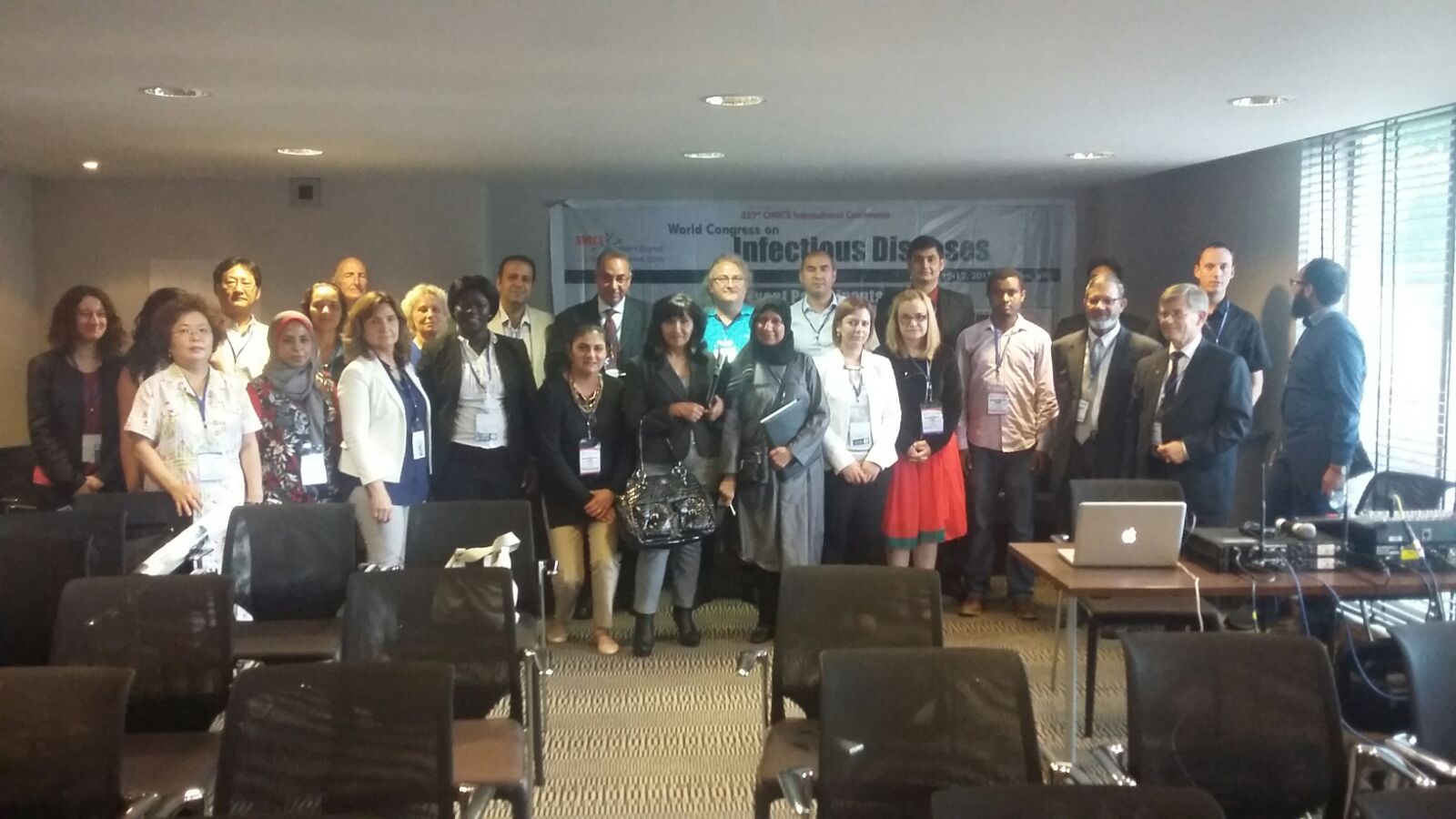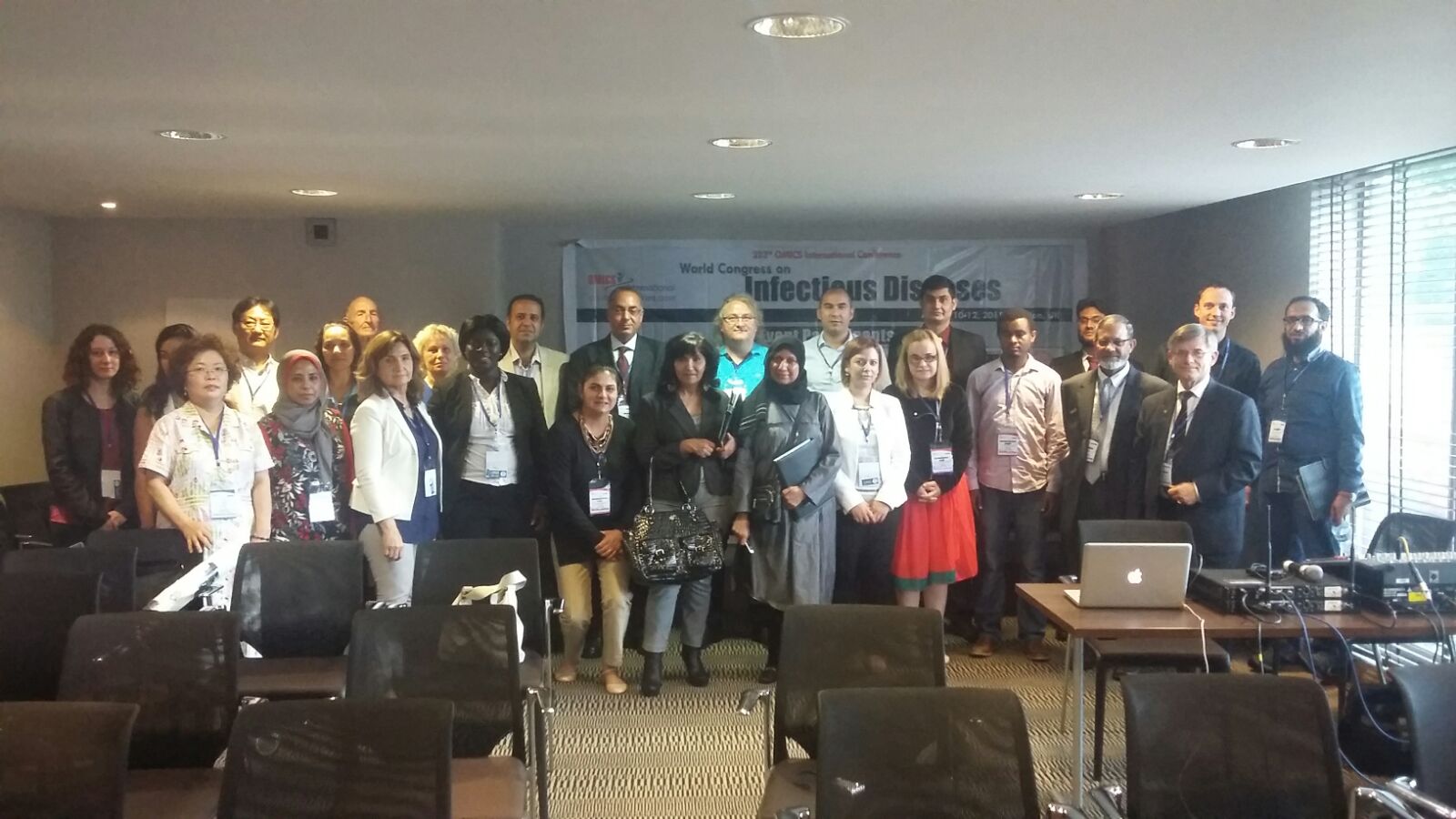
Janet Hammond
Roche Pharma Research and Early Development, Switzerland
Title: The role of the pharmaceutical industry in responsible antibiotic stewardship
Biography
Biography: Janet Hammond
Abstract
Global public health bodies warn that without urgent, coordinated action the world is heading towards a post-antibiotic era, where previously treatable common infections can once again kill. Antibiotic resistance inevitably develops through continuous bacterial evolution, but excessive inappropriate use of antibiotics accelerates adaptation of infectious organisms to antibacterial medicines. Appropriate antibiotic use accompanied by better testing and diagnostics may ensure treatments are maintained, for longer. This means the urgent need to develop new antibiotics must be accompanied by behavioural changes in how these vital medicines are utilised: A behavioural change in stewardship, for which the pharmaceutical industry can take a leading role. Antibiotic stewardship aims to achieve best clinical outcomes related to antibiotic use while minimizing toxicity and other adverse events: limiting pressure on bacterial populations that drives the emergence of antibacterial-resistant strains. Antibacterial stewardship involves coordinated interventions designed to improve and measure appropriate use of antibiotics by promoting the use of optimal treatment including dosing, duration of therapy and route of administration. The need for coordinated action against multi-drug resistant bacteria has been globally recognized. In May 2014, the Transatlantic Taskforce for Antimicrobial Resistance (TATFAR) recommended incentivizing antibacterial drug development, as is now being done. Governments and regulatory authorities have also created special pathways for new antibiotics given the high, unmet medical need. Pathogen-specific antibiotic development provides the potential to target and tackle specific bacterial infections with the opportunity to combine novel diagnostics that promote personalized healthcare. This innately advocates a more selective and responsible prescribing behavior than with broad-spectrum antibiotics. However broad-spectrum antibiotics are vitally important in treating the majority of bacterial infections in clinical practice and must not be overlooked. Drug development programs have been initiated which look at how novel treatments can restore or potentiate the antibacterial effects of broad-spectrum antibiotics, like beta-lactam antibiotics. The pharmaceutical industry’s role should not be limited to novel drug development: it also has the opportunity to vitally support public and healthcare professionals’ education on the appropriate use of novel treatments. This will contribute to a wider commitment in working with medical societies and institutions in the fight against antibiotic resistance.
Speaker Presentations
Speaker PPTs Click Here


